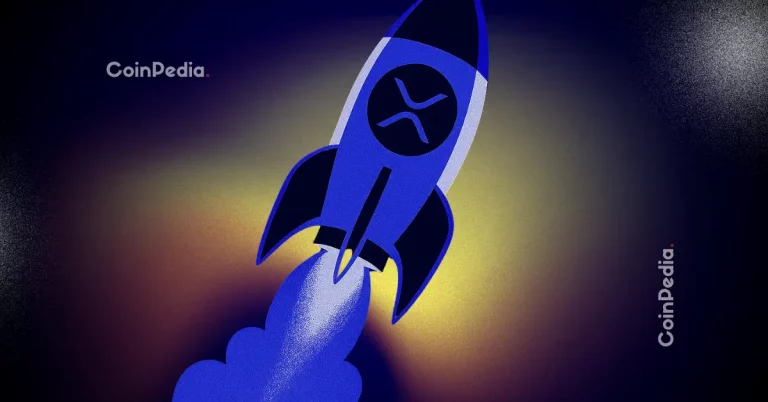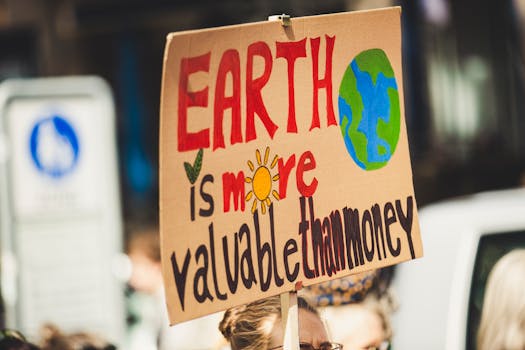
Introduction

The impact of climate change on global ecosystems is a pressing issue that demands our attention. As temperatures rise, weather patterns shift, and sea levels increase, the delicate balance of ecosystems around the world is increasingly threatened. This article delves into the various ways climate change is affecting ecosystems, with a focus on biodiversity loss, habitat destruction, and the subsequent effects on human life.
Biodiversity Loss
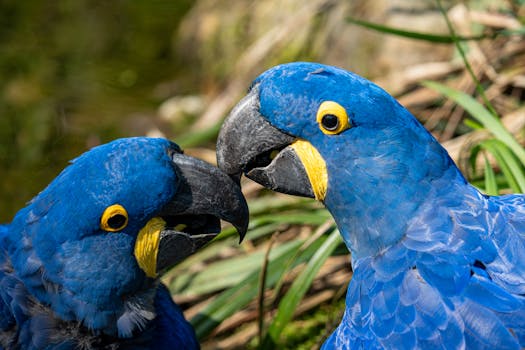
One of the most alarming impacts of climate change is the accelerated loss of biodiversity. As species struggle to adapt to rapidly changing environments, many face extinction. According to the International Union for Conservation of Nature, climate change is a significant driver of species extinction, particularly in vulnerable ecosystems such as coral reefs and polar regions. For instance, rising ocean temperatures lead to coral bleaching, which devastates marine biodiversity.
Habitat Destruction
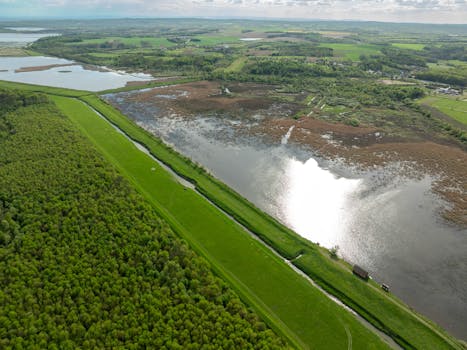
Climate change is also a key factor in habitat destruction. Increased temperatures and shifting precipitation patterns can lead to the degradation of forests, wetlands, and grasslands. For example, wildfires have become more frequent and intense due to prolonged droughts, which not only destroy habitats but also release significant amounts of carbon dioxide into the atmosphere, exacerbating the climate crisis. The loss of these habitats diminishes the natural resources available to wildlife and humans alike.
Impact on Human Life
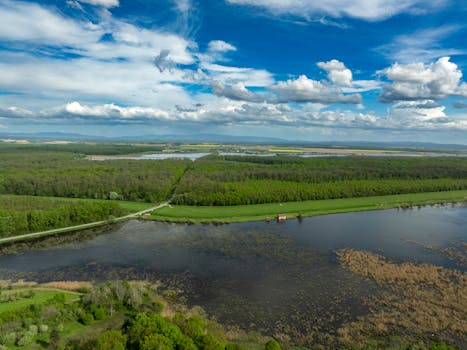
The consequences of climate change extend beyond the natural world; they also pose significant threats to human life. As ecosystems collapse, the services they provide, such as clean water, food, and air quality, are compromised. This disruption can lead to increased poverty, food insecurity, and health problems. Communities that rely on fishing or agriculture are particularly vulnerable, facing declining yields and economic instability.
Conclusion

In conclusion, the impact of climate change on global ecosystems is profound and multifaceted. From biodiversity loss to habitat destruction, the consequences are far-reaching and threaten both the natural world and human existence. Addressing climate change requires immediate and concerted efforts at local, national, and global levels to mitigate its effects and protect our ecosystems for future generations.
